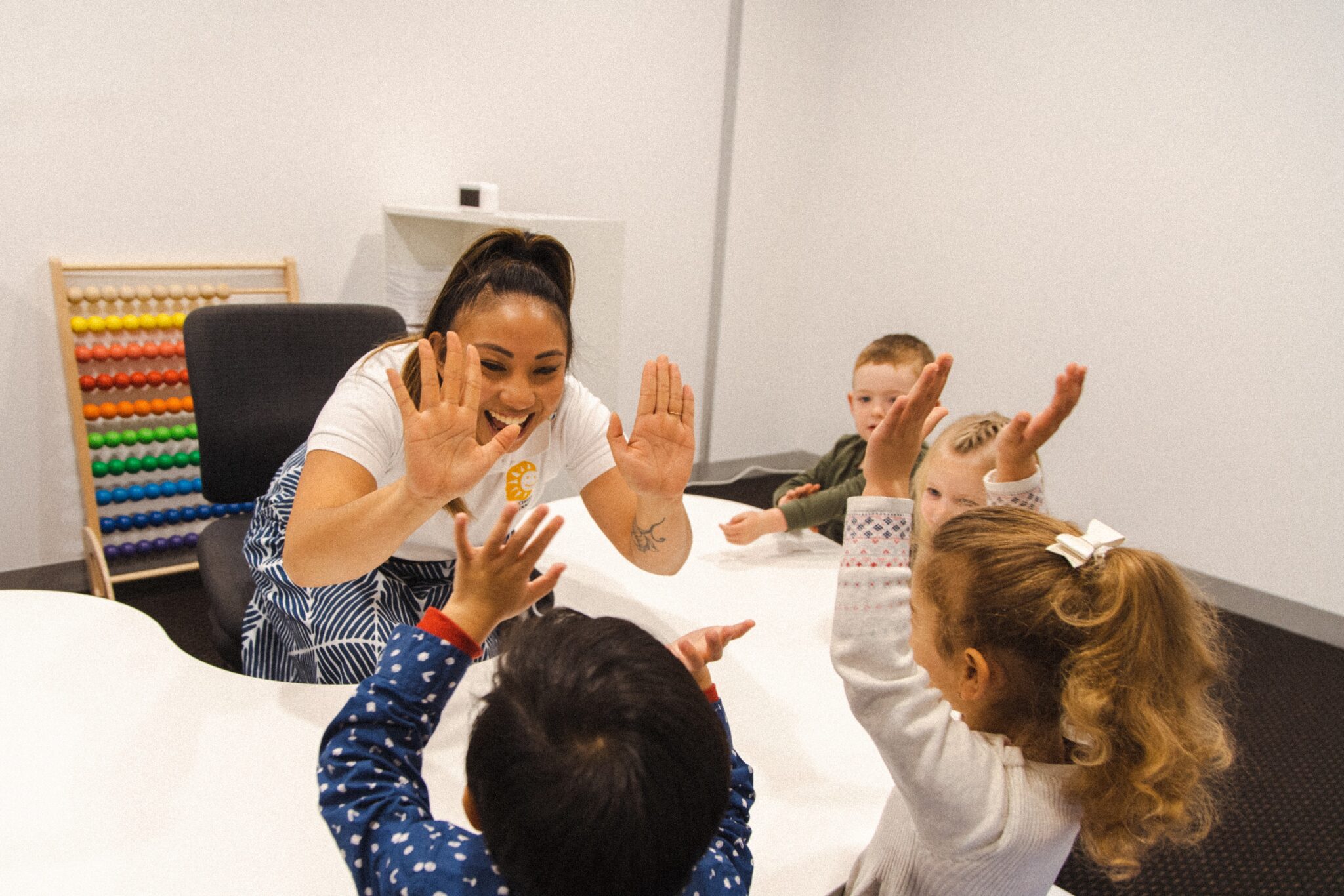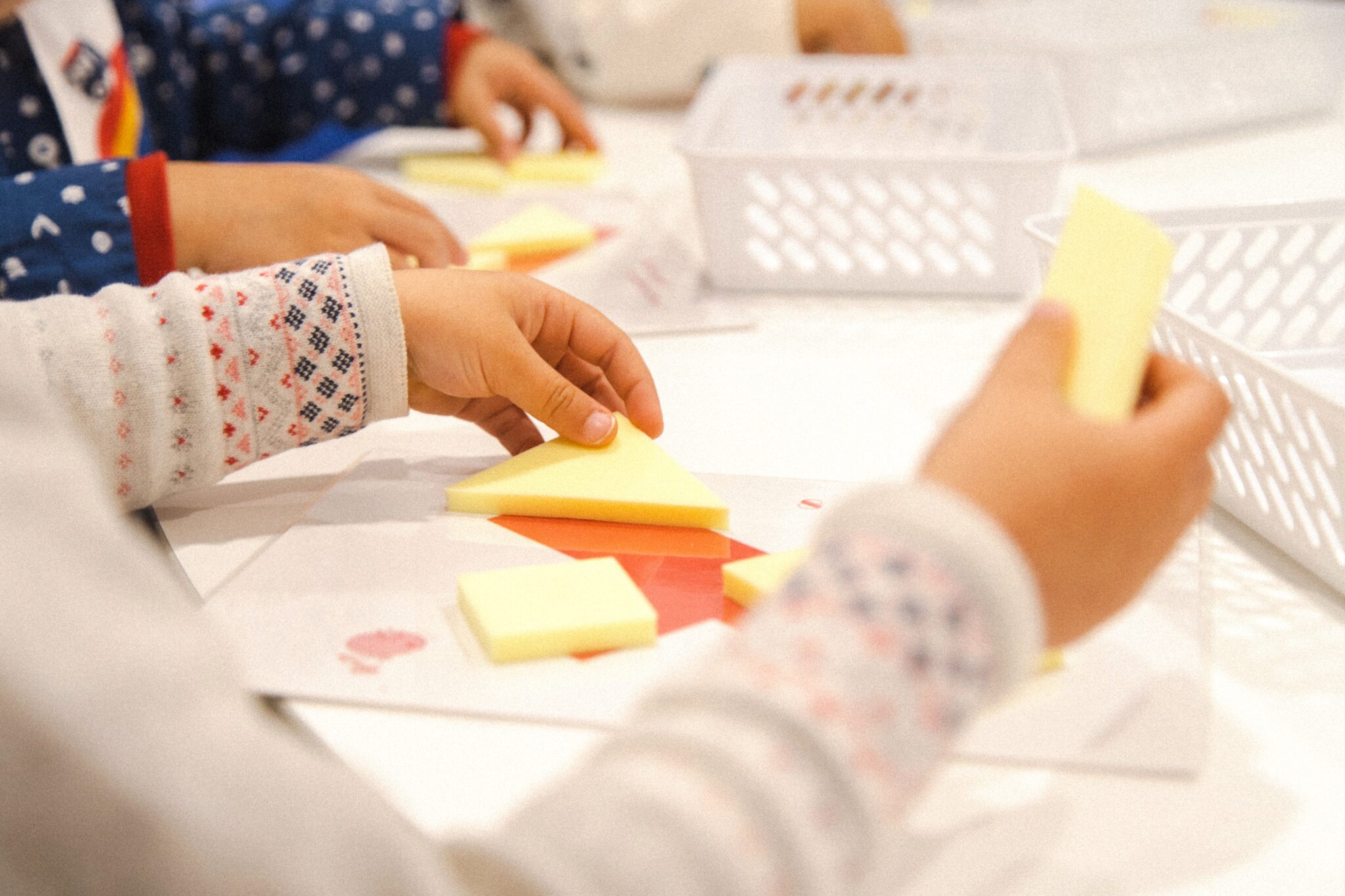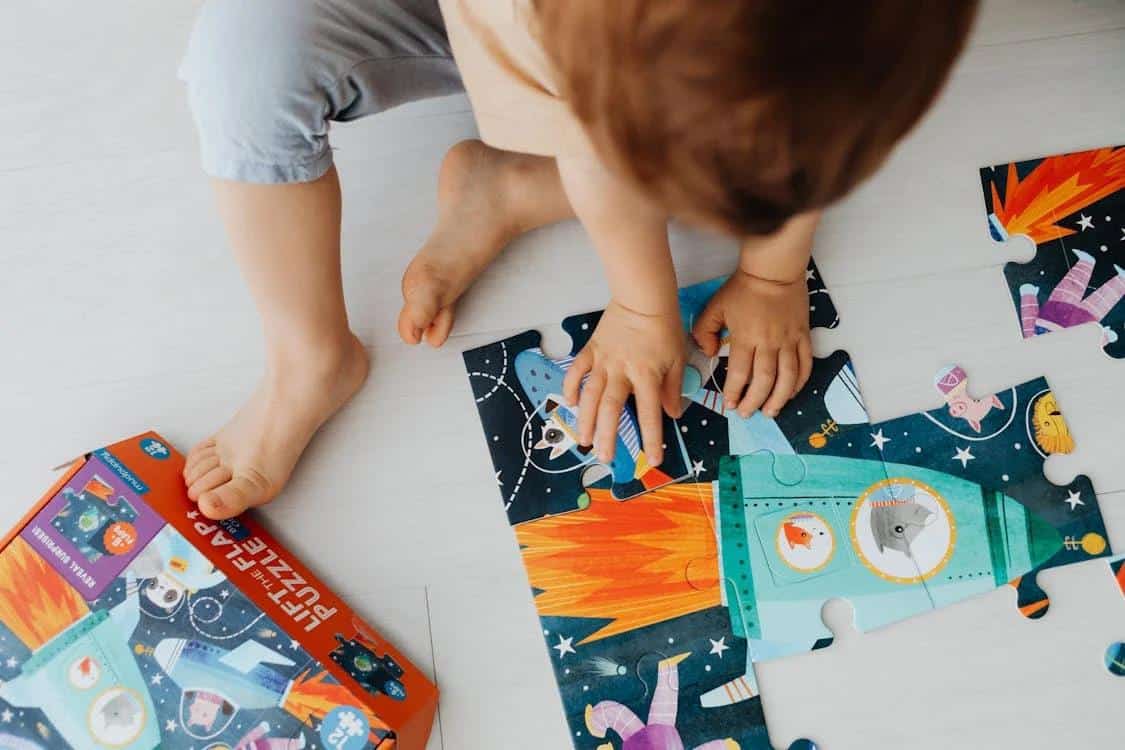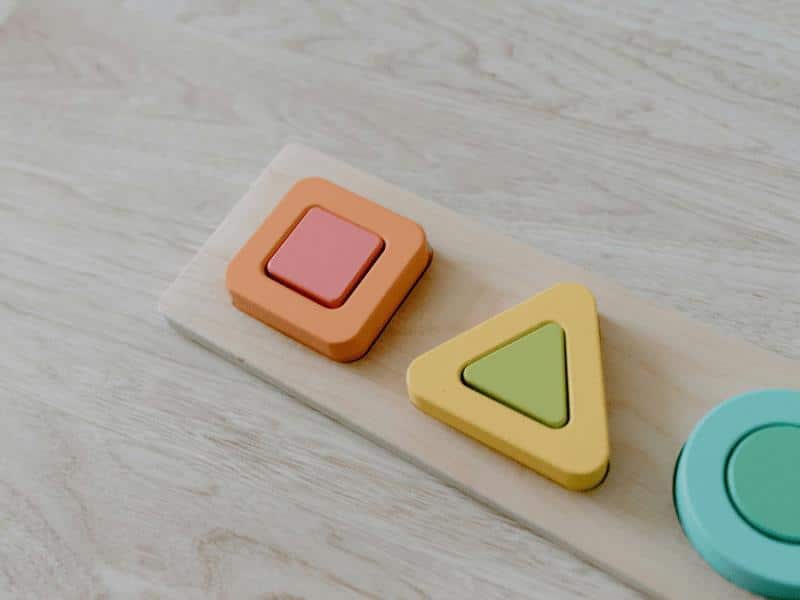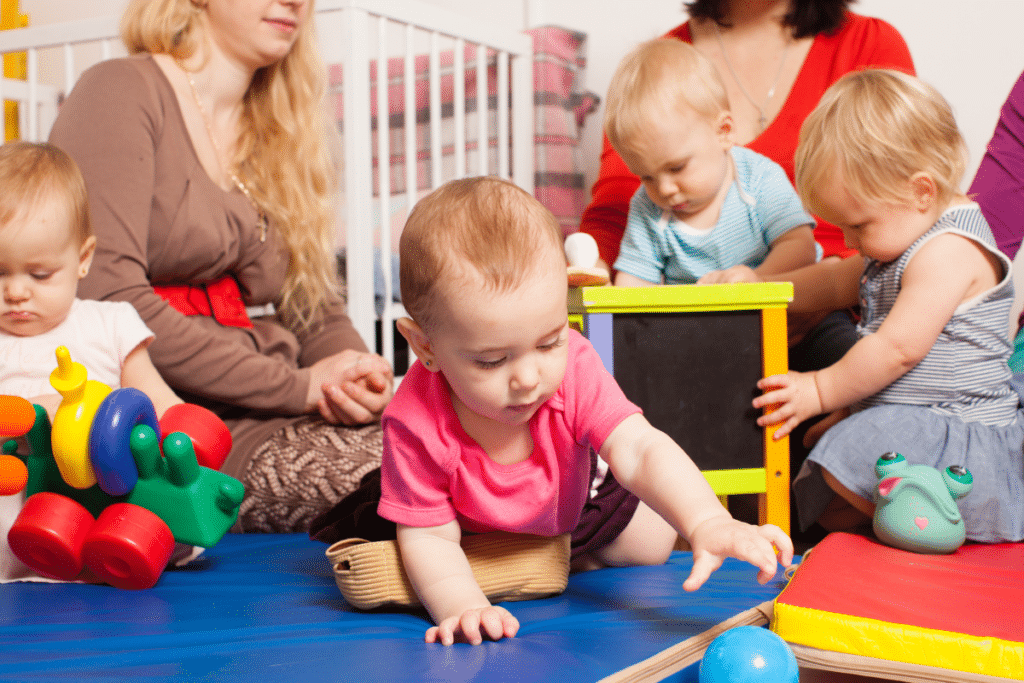
An Educational Alternative to Playgroup For Kids
While a traditional playgroup for kids has been the go-to for introducing young children to social skills and play-based learning, an increasing number of parents are now exploring more enriching playgroup alternatives. They are searching for programs that go further than entertainment, aiming to holistically nurture their children’s cognitive, emotional, and social development.
The Shichida Method is a revolutionary alternative, blending advanced learning techniques with playful activities. Let’s compare how it provides a more comprehensive approach to early childhood education and why it is so important during these precious years.
Early Childhood Education during the Sensitive Years
What is the Sensitive Period?
The first few years of a child’s life are incredibly formative. This phase, often referred to as the ‘sensitive period,’ was first identified by the renowned Italian educator, Maria Montessori. During this time, children’s brains are extraordinarily receptive to learning from their environment.
Boosting Early Learning
In these early years, children’s brains develop rapidly, forming millions of neural connections each second. This accelerated growth enhances their ability to learn languages, understand emotional cues, and develop basic motor skills. It’s a crucial time to engage them in activities that do more than entertain.
By focusing on activities that stimulate cognitive functions, enhance sensory development, and nurture emotional intelligence, we can significantly impact their future capabilities in problem-solving, empathy, and resilience.
The Limitations of a Traditional Playgroup for Kids
Social Benefits but Limited Scope
Traditional playgroups are fantastic for helping kids learn to make friends and play well with others. They offer safe spaces where little ones can discover and play with new toys and materials.
Gaps in Developmental Focus
However, these valuable social experiences do not always address all aspects of a child’s development during this sensitive period. These playgroups often miss out on helping kids develop their thinking and feeling skills. The activities are more about general fun and less about reaching specific learning goals, like boosting thinking skills or understanding emotions.
Challenges with Personalised Attention
Also, because these groups usually have many children, it’s tough for the leaders to give each child the attention they need. This lack of personalised support means some children might not receive the necessary stimulation to fully unlock their learning potential during this critical stage.
Playgroup Alternatives: The Shichida Method vs Playgroup
That’s where an alternative approach, Shichida Method, comes into play. By focusing not just on social but also on cognitive and emotional growth, the Shichida Method seeks to harness and enhance the full spectrum of early learning opportunities during this critical period. It integrates structured learning with play, tailored to both the developmental stage and the individual needs of each child.
Traditional Playgroup vs Shichida Method
| Feature | Traditional Playgroups | Shichida Method |
| Focus | Social interaction and general play. | Whole brain development, integrating cognitive, emotional, and social growth. |
| Curriculum | General play-based activities. | Tailored activities designed to stimulate both hemispheres of the brain, focusing on cognitive skills, emotional intelligence, and motor skills. |
| Educational Goals | Enhance social skills and basic cooperation among peers. | Develop cognitive skills, emotional intelligence, memory retention, problem-solving, and creativity. |
| Individual Attention | Limited due to larger group sizes. | High due to small class sizes (maximum 6 students), ensuring personalised attention. |
| Parental Involvement | Often minimal during sessions. | High: parents actively participate in learning sessions. |
| Developmental Alignment | Activities may not always align with each child’s developmental stage. | Activities specifically designed to match the developmental milestones of each age group. |
| Skill Development | Focuses primarily on interpersonal and motor skills. | Comprehensive focus on interpersonal, cognitive, emotional, and motor skills. |
| Long-Term Educational Support | Typically limited to the preschool years. | Continuous educational pathway from infancy through primary school, building on skills year after year. |
| Outcomes | Social readiness and basic group dynamics. | Holistic development preparing children for academic success and emotional resilience. |
Why Choose the Shichida Method Over Traditional Educational Playgroups?
Choosing between a traditional playgroup for kids and the Shichida Method can significantly influence your child’s development.
Learning Beyond the Basics
Traditional playgroups often focus on play and social skills. In contrast, the Shichida Method develops both the intellect and emotions, nurturing academic abilities alongside creativity and critical thinking. This comprehensive approach prepares children for life, not just school.
Customised for Each Child
The Shichida Method tailors its curriculum to each child’s developmental stage, unlike the one-size-fits-all approach in many playgroups. This ensures learning progresses naturally and effectively as your child grows.
Enhancing Overall Development
Shichida sessions stimulate multiple brain functions, combining creative and cognitive tasks. This approach helps develop a wide range of abilities, offering a more rounded development than traditional playgroups typically provide.
Bridging Learning Gaps
The Shichida Method addresses critical thinking and creative problem-solving—areas often neglected by traditional education. We cultivate a love for learning and practical skills for a successful future in an evolving world.
Involving Parents in Learning
Unlike a traditional playgroup for kids, where parent involvement might be minimal, Shichida encourages active parental participation. This collaboration enhances the learning experience and extends it into the home, strengthening family bonds through shared educational activities.
Examples of Activities Your Child Will Enjoy and Grow From in the Shichida Program
Here are some examples of the specific activities your child will enjoy in the Shichida program, and how they are structured to promote advanced learning and development:
2D and 3D Puzzle Games
Shichida Approach: We use a variety of puzzle games that challenge toddlers to think critically and solve problems. These games are designed to evolve in complexity as the child’s abilities grow, promoting a progressive development of critical thinking skills.
How It Differs: Unlike traditional playgroups where puzzles might be used primarily for entertainment or simple problem-solving, our puzzles are specifically chosen to develop spatial awareness, logical reasoning, and fine motor skills in a structured way that aligns with cognitive development milestones.
Flashcard Learning
Shichida Approach: Flashcards in our classes are more than just visual aids; they are a dynamic learning tool. We use them to enhance the learning process by encouraging toddlers to process information as images. This method helps develop the neural connections between the left and right hemispheres of the brain, fostering both creative and analytical thinking.
How It Differs: In contrast to the more static use of flashcards in many traditional settings, which may focus solely on memorisation, our method integrates flashcards into a broader cognitive development strategy that enhances both memory and understanding.
Educational Songs and Counting Activities
Shichida Approach: Songs and counting activities are not just fun; they are integral to developing mathematical thinking and numerical understanding. We use music and rhythm to make learning engaging and to help children internalise concepts like numbers and sequences, building a solid foundation for mental mathematics.
How It Differs: While a traditional playgroup for kids might incorporate music and counting as separate or occasional activities, at Shichida, these are core elements of our curriculum, systematically designed to strengthen numeracy skills through repeated and layered learning experiences.
Layered Learning Approach
Shichida Approach: Our curriculum employs a layering technique, where learning concepts start simple and gradually become more complex. This early learning method ensures that as children’s understanding deepens, they are continuously challenged just beyond their current capabilities, which is crucial for fostering an enduring love for learning and intellectual curiosity.
How It Differs: This progressive complexity is a strategic approach that may be less common in traditional playgroup for kids settings, where activities might not be as systematically designed to build upon previous knowledge and skills.
This ‘whole brain’ approach to learning is what sets Shichida apart, providing a foundation that promotes lifelong growth and success.
To learn more about the Shichida approach to early learning, book a trial class and call 1800 386 647 today.
